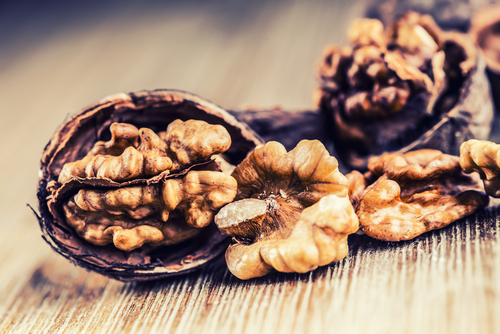Branched chain amino acids (BCAAs) have come back into fashion in the fitness community, and with good reason. These building blocks of protein have successfully stood the test of time, and there is now more research than ever to support the use of BCAAs for retaining lean muscle, an effect that benefits not only bodybuilders and athletes, but anyone who is interested in maintaining optimal body composition as a key aspect of health or weight loss.
One common problem when working towards optimal body composition—which can often mean controlling dietary calories—is that it is a potentially catabolic process, meaning it may inadvertently lead to muscle breakdown. This is because the leaner a person becomes, the greater the chances of their body eventually turning to muscle to meet its energy needs.
In addition to that, any process of dieting may drastically reduce metabolic processes related to muscle development. Despite frequent workouts, if the rate of muscle breakdown brought on by dieting exceeds the rate of muscle growth, lean muscle tissue will be lost. This is the very opposite of the desired goal, and can potentially begin a kind of vicious cycle, wherein the metabolic balance slowly tilts in favor of fat accumulation, increasing the risk for debilitating disease over time.
It’s well established that branched chain amino acids—particularly leucine—stimulate muscular development. It has also been established that BCAAs also increase the cellular mechanisms responsible for carrying out the process of muscle growth and retention. In other words, BCAAs not only prime the body to increase its rate of muscular development, but they also increase the receptive capacity of actual muscle cells for development—a powerful metabolic combination that is precisely what’s desired for optimal health and fitness.
When it comes to more direct benefits for exercise, BCAAs have also been shown to help promote workout intensity. This is due to the fact that BCAAs are uniquely capable of competition with the amino acid tryptophan for uptake by the brain, where tryptophan is regularly converted to the neurotransmitter serotonin.
During exercise, serotonin levels rise and can potentially increase fatigue—ultimately leading to a less intense, less productive workout. Because supplementation with BCAAs can reduce the amount of tryptophan that enters the brain, this restful feeling is delayed, allowing for the possibility of a stronger finish to a workout session.
When combined with regular exercise, BCAAs have great potential for promoting more muscle mass, more body fat lost, and faster workout results. This is a big part of the beauty of BCAAs, and their benefits for anyone seeking optimal health and wellness.






Comments (0)